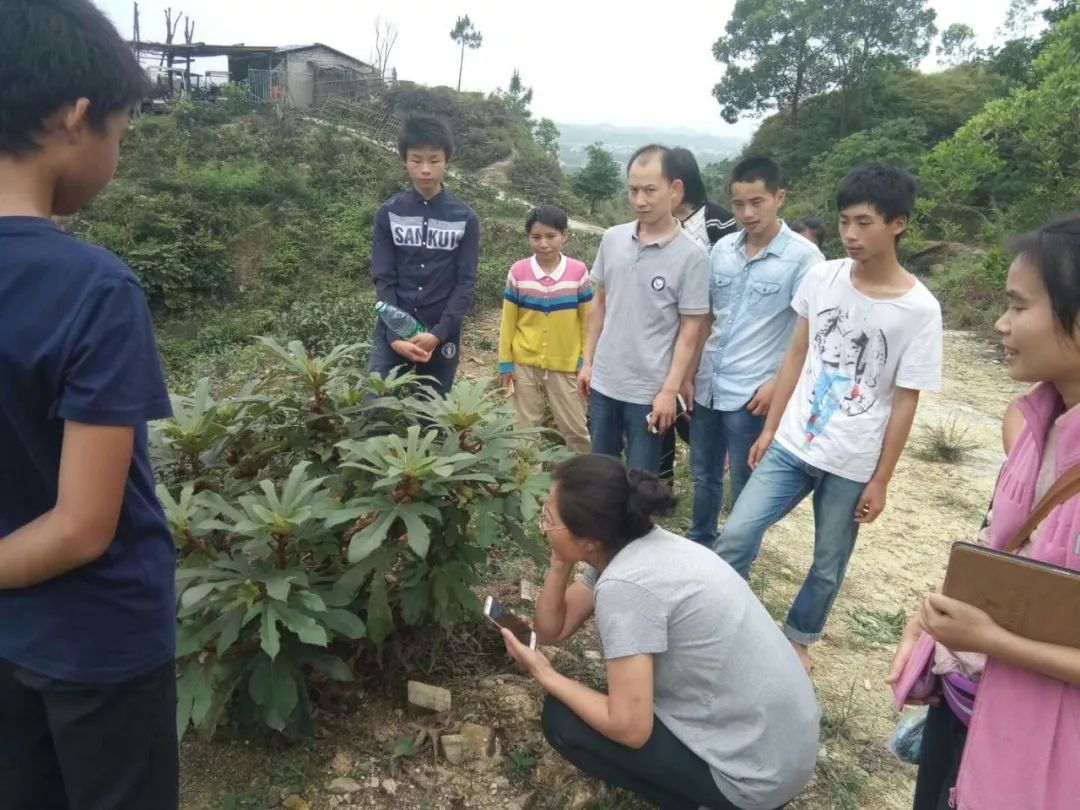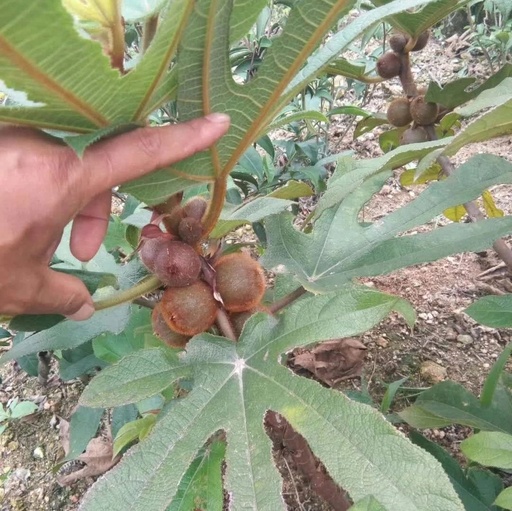2018.03.29 Sunny Thursday at Huxin Pavilion Park
Alright, are you ready for our “Easy Learning TCM”? This lesson will cover the Eight Principles Differentiation.
What did we discuss in the last class?We talked about the Four Examinations: Observation, Listening, Inquiry, and Palpation.
In TCM, what is the most comprehensive way to diagnose a patient? It is through the Four Examinations and the combination of them. Just like when you want to buy a watermelon, you need to know if it is sweet or not. An ordinary person might learn a bit about how to select a watermelon. They will look at its color.
If it lacks luster, the inside might be rotten. However, some people say that if it has been waxed, it looks very shiny.
So if a person has done some beauty treatments, when they come to see a doctor, they might not present their true condition. Therefore, one should come without makeup when seeking medical advice.
Thus, when diagnosing a patient, they should be in their natural state. The first thing you observe is the color; you can tell if the watermelon is ripe or not, sweet or not, whether it is small and white or large and green. The differences are significant.
For example, a large, green, shiny watermelon is different from a dull one.
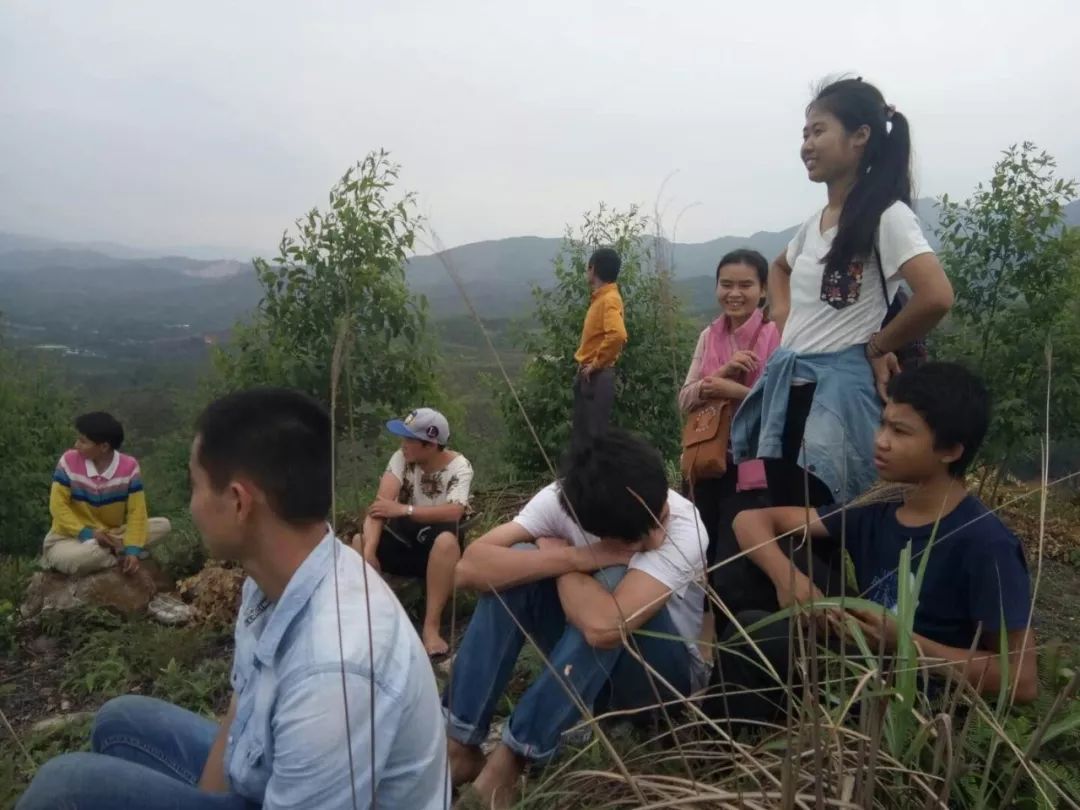
Secondly, when you pick up the watermelon, you can tap it and listen to the sound. A farmer knows that if you lift the watermelon and tap it a few times, you can tell if it is sweet or not by the sound.
So this is akin to taking the pulse of the watermelon. Haha~ Taking the pulse of the watermelon. You can also ask where the watermelon was grown, how much water it received, how the weather was, and whether it is sweet or not.
In the past, the weather, seasonal changes, and the place of origin were all considered. Thus, to determine if a watermelon is good, you must apply the Four Examinations.
Therefore, when a teacher examines a person, including assessing talent and diagnosing diseases, they also apply the Four Examinations. Later, the teacher will also discuss geography and feng shui, which also involves the Four Examinations.
When observing a mountain, how long is the dragon vein? You see many temples with continuous incense offerings; they are built on significant mountains with great dragon veins, situated in valleys, with both exposure and concealment.
In common terms, we say: “Conceal the wind and gather the qi.” Therefore, a geographical layout that conceals the wind and gathers qi is suitable for building temples and schools.
In the past, we were the poorest village, far from the ocean, requiring two large oceans to reach it.
The next time we crossed, it was not thirty kilometers, but sixty kilometers. The ocean was still vast, but there was a key school there. I tell everyone, those who graduated were all top students.
Strangely, why did the teacher insist on checking the entrance of that school? Wow! It was built at the center of a flower petal.
It was surrounded by mountains, with flowing green waters, perfectly situated at the heart of the mountain.
Thus, the teacher took you to pave roads, including repairing stone paths. Why must you repair the heart of the road first?
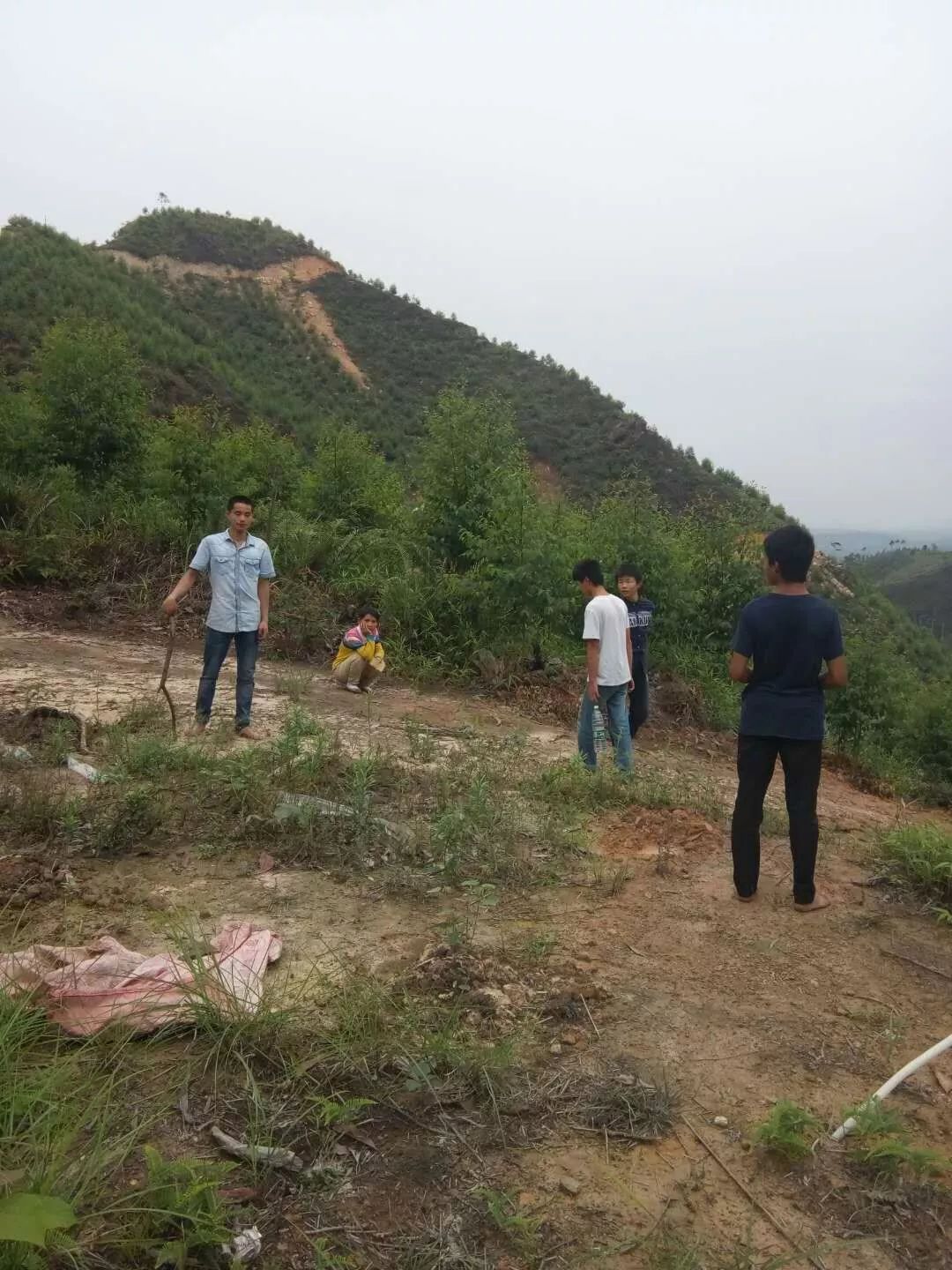
The heart of the road is like the phoenix, while the sides are like the hundred birds. A road without a heart is like a person without a heart, and it will not last long.
In our area, there are two ancestral halls; one side repaired the road without establishing the heart, and as a result, it was lost. The other side established it, and it has been preserved for 300 years.
In life, one must be sincere, and when repairing roads, one must establish the heart of the road. For residential areas, it is best to live at the heart of the mountain. Among the mountains, there must be a main peak, and the mountain range descending from the main peak must have a heart.
This heart of the mountain is the best environment. Therefore, this is also about observing geographical features.
In the past, when the teacher went to buy books, a bookseller who was also studying TCM sold geography and feng shui books.
He asked, “Do you know what the Five Secrets of Geography are?” Most people would say, “If I were to take a test, I would know the Five Secrets of Martial Arts: Hands, Eyes, Body, Method, and Steps.”
However, many people cannot recall the Five Secrets of Geography. So I asked, “What are the Five Organs in TCM? Liver, Heart, Spleen, Lung, Kidney. What are the Five Secrets of Geography?”
Remember, if you clarify the foundational concepts of any discipline, you will become an expert.
In any discipline, the most fundamental aspects are often the most refined and the most challenging.
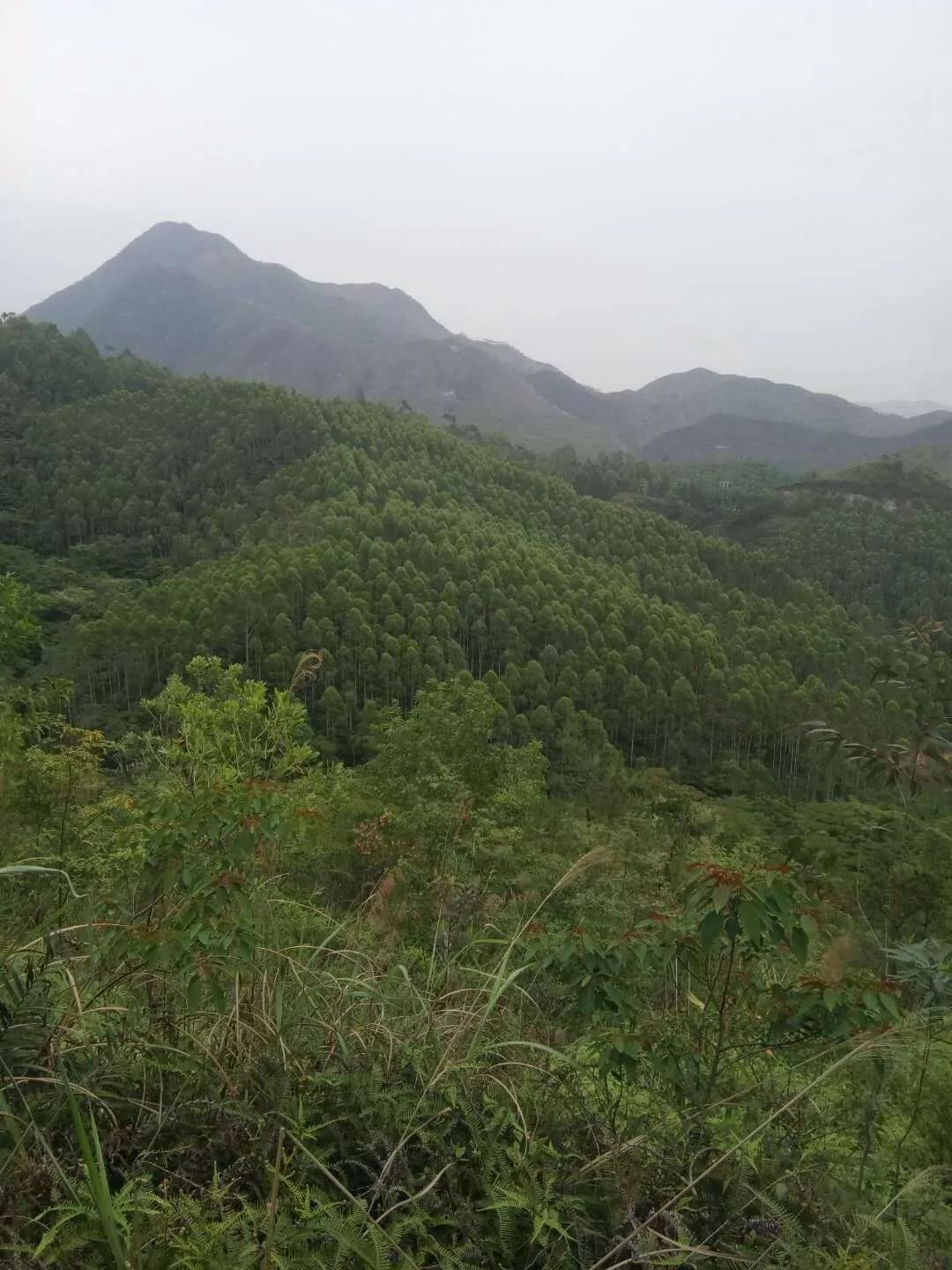
So what does the teacher fear the most? Not the foolishness, but the fear that you have learned the basics and claim to understand.
Those who say they understand and know, their progress will stagnate. The teacher casually mentions,“Dragon, Cave, Sand, Water, Direction.”
When the time is right, the teacher will teach you about the study of mountains, rivers, and feng shui. This course was once studied by those at the level of national masters, and they learned it for what purpose?
To choose burial sites for emperors, ministers with merit, and generals.
When Confucius passed away, all his students gathered to discuss how to properly bury their teacher.
Eventually, they found a place, where? A very majestic mountain range. Everyone agreed that this place would be the best for burying their teacher.
However, Zigong said, “No, this place is only suitable for emperors. Haha~ It is not suitable for our teacher. Our teacher’s virtue surpasses that of emperors.”
In terms of emperors, you can see how many have emerged in Chinese history over thousands of years; there could be hundreds of emperors. However, there is only one Confucius, the teacher of all generations.
Other figures can only be considered sub-saints, lesser than the saint. But they cannot compare to the saint, so even a burial site as good as that for an emperor is not suitable for our teacher. Because our teacher’s virtue and merit are too great.
Zigong was the most skilled in business, with extensive knowledge. Wherever he went, the small states would welcome him with the most elaborate ceremonies.
Because he could turn his thoughts into significant profits, Zigong was the one who truly supported Confucius financially.
Thus, he found a place in Qufu, Shandong.Later, this became a place surrounded by mountains and water. Moreover, when you look out, the land and vegetation seem to bow towards this place.
What does this mean? It means that the plants, which originally grow straight, will bend towards this place, as if bowing to the tomb of the teacher.
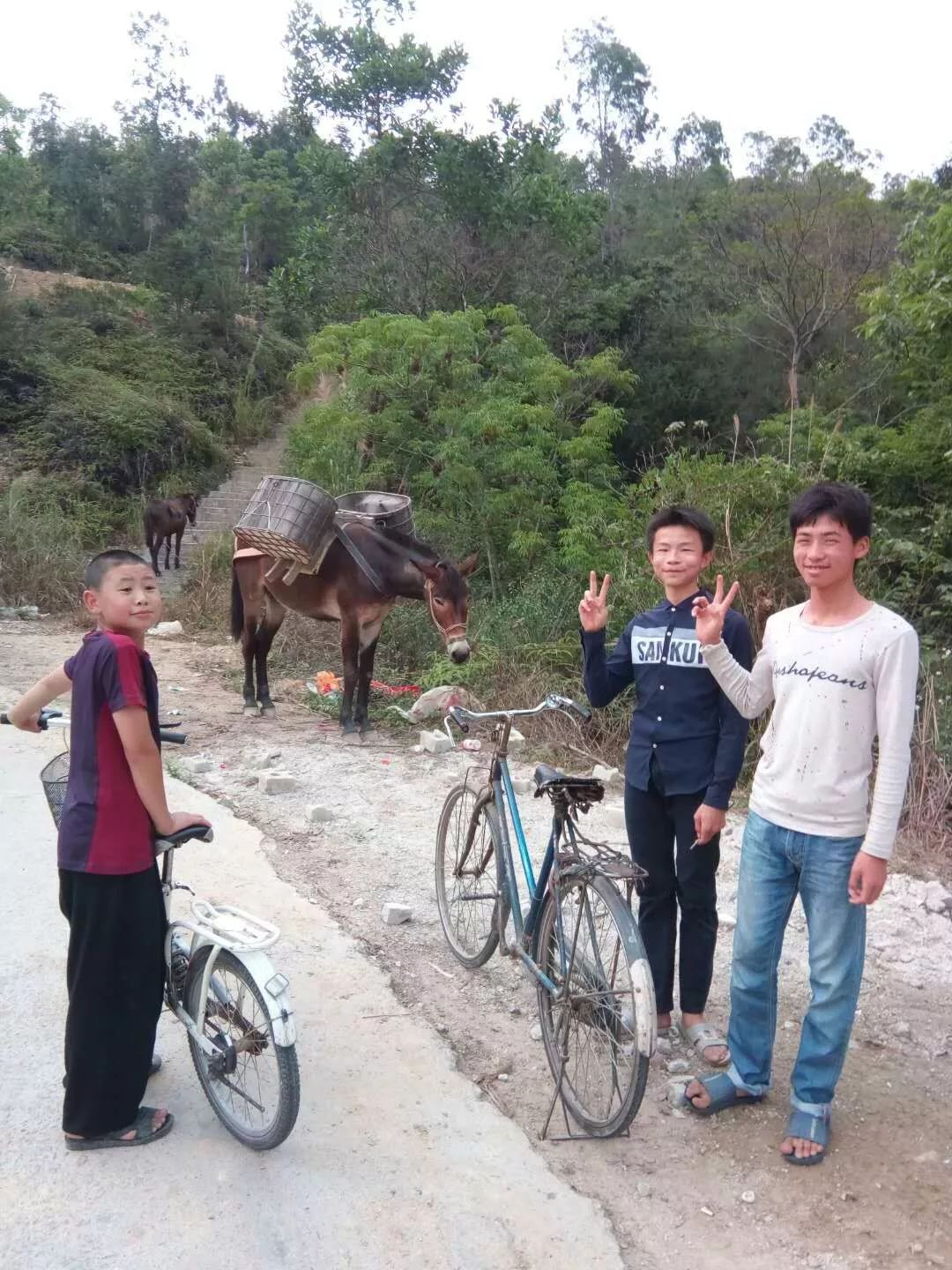
This side leans this way, and that side leans that way; it is strange! You cannot explain it. Therefore, he said that such a place is a place of respect for teachers and the way, suitable for our teacher. This is the art of land placement.
If you have this insight, in TCM, we traditionally have the “Five Arts of Mountain, Medicine, Fate, Face, and Divination,” all of which are very profound.
Mountain refers to the art of feng shui and land placement. Medicine refers to medical science. Fate refers to destiny analysis. Divination refers to fortune-telling. These are all ancient cultures.
Once you master the Four Examinations, learning these will be as easy as reaching into a bag.
Alright! We have finished this, and now we will return to discuss the Eight Principles. What are the Eight Principles?
Yes, the teacher can tell from your voice and response speed whether your thinking is agile. For instance, when Zhao Bin spoke earlier, he was able to articulate, but it was not agile enough.
If the teacher asks what the Eight Principles are, you should say,Yin-Yang, Exterior-Interior, Deficiency-Excess, Cold-Heat.
If you can smoothly articulate Yin-Yang, Exterior-Interior, Deficiency-Excess, Cold-Heat, it indicates that your energy and blood are sufficient. If you are still drowsy, it means your memory is poor, and your energy and blood are insufficient.
So by listening to the voice, you can tell their energy and blood. Let’s look at the first one, starting with Exterior-Interior. 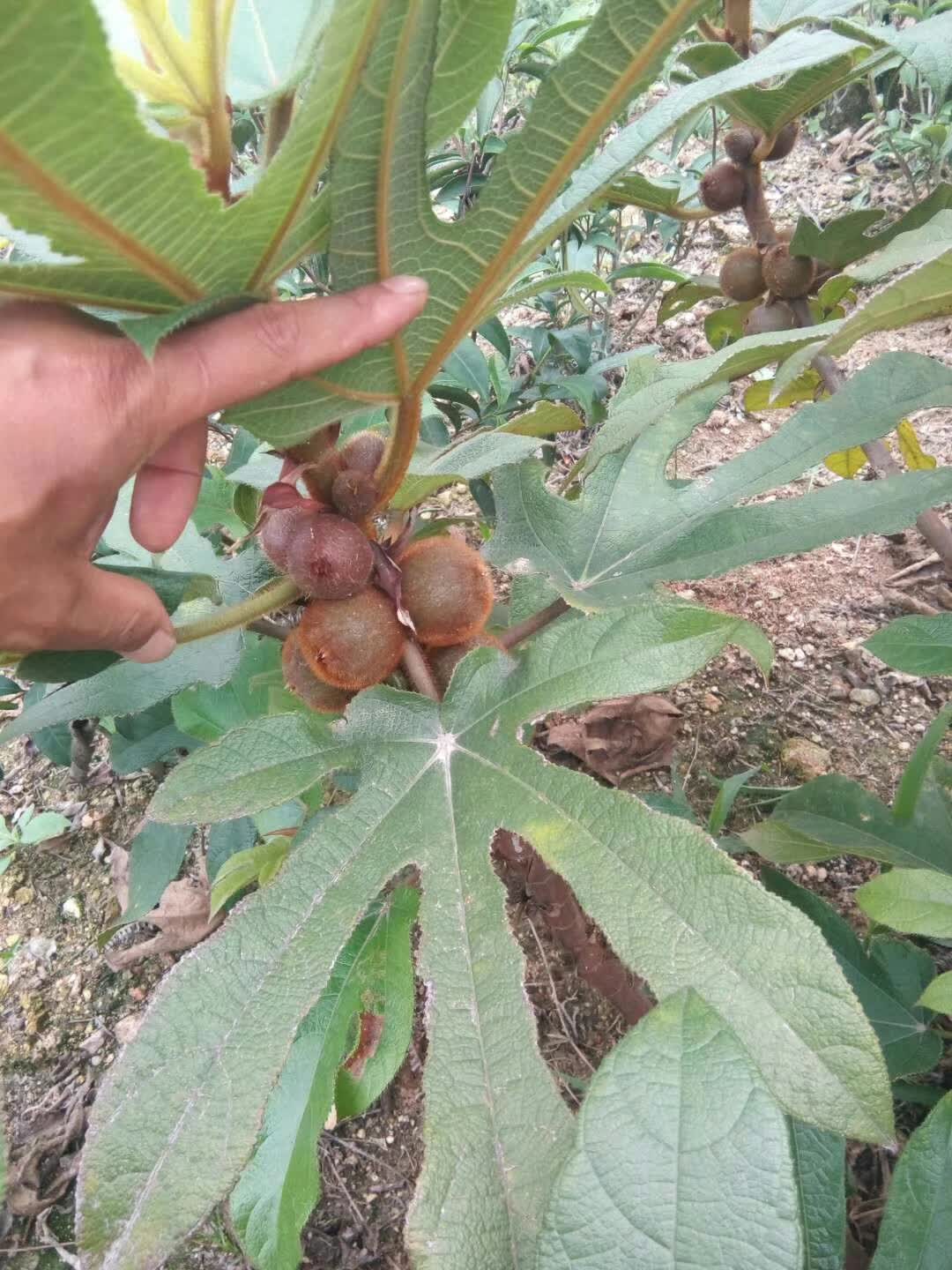
At that time, there were two people with stomach pain who sought out Hua Tuo. They both had simultaneous pain, and Hua Tuo examined them. He gave one person Li Zhong Wan (Regulating Middle Pill), and after taking it, the stomach pain was relieved.
The other person received a formula for releasing the exterior, such as Qiang Huo Tang (Notopterygium Decoction), and after sweating, the stomach pain also resolved.
Both felt puzzled, thinking, “We both have the same illness; how can we receive different treatments yet both recover?”
Hua Tuo explained that this is TCM’s same disease, different treatment.
Why is it the same disease but treated differently? Because the first person had stomach pain due to eating cold fruits.
Thus, using warming herbs to disperse the cold, warmth alleviates pain, and warmth promotes flow, while cold causes tightness. Cold causes blockage.
The second person had stomach pain after working in the morning and catching the wind, similar to some children who sleep with the air conditioning on and wake up with stomach pain. They did not eat anything wrong but caught a chill.
Additionally, if a fan blows directly on the feet, the next morning they may wake up with stomach pain because the spleen meridian connects to the big toe; exposure to wind can cause discomfort.
So after observing, I said this is remarkable. How could Hua Tuo differentiate this? He could tell by taking the pulse, distinguishing between floating and sinking, and differentiating between exterior and interior.
For the first person with stomach pain, he noted that they were very sensitive to cold and wind. Their pulse was floating, so we used exterior-releasing herbs, like Jiu Wei Qiang Huo Tang (Nine-Herb Notopterygium Decoction), to disperse the cold, and immediately the stomach pain ceased, and there was no diarrhea.
Thus, stomach pain accompanied by nasal congestion generally requires exterior-releasing treatment. If the stomach pain is purely due to cold, one should warm the abdomen.
Jinbao organized this.
